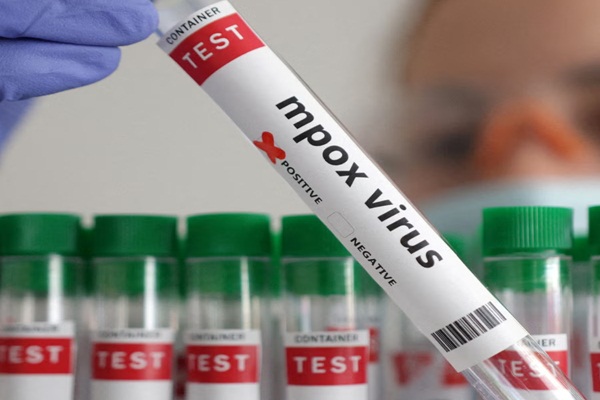In South Korea, eleven Mpox cases have been reported so far this year, but all detected cases were the less deadly Clade II variant.
The Korea Disease Control and Prevention Agency said, the latest case was reported last month, adding that health authorities have bolstered screening at borders to cope with the deadly new variant. South Korea had reported 151 Mpox cases last year.
The majority of patients were males in the greater Seoul area, with close skin contact being the primary route of infection.
The agency noted that, unlike respiratory illnesses, Mpox is unlikely to be transmitted through everyday activities and asked the public to maintain basic sanitary measures.
The agency added that the government will continue to monitor for the possible influx of variants from overseas.
South Korea has made it mandatory for arrivals visiting eight African nations, Rwanda, Burundi, Uganda, Ethiopia, the Central African Republic, Kenya, Congo, and the Republic of the Congo, to report to officials if they exhibit symptoms related to Mpox, such as fever, muscle aches, and swollen lymph nodes.
This comes as the World Health Organization recently declared Mpox a global health emergency, with 14 countries in Africa seeing an outbreak.
The outbreak in Africa is majorly driven by Clade 1b, which is more virulent and deadly. It is also causing more infections among children. So far, outside of Africa, Clade 1b has spread only to Sweden in Europe and Thailand in Asia.








